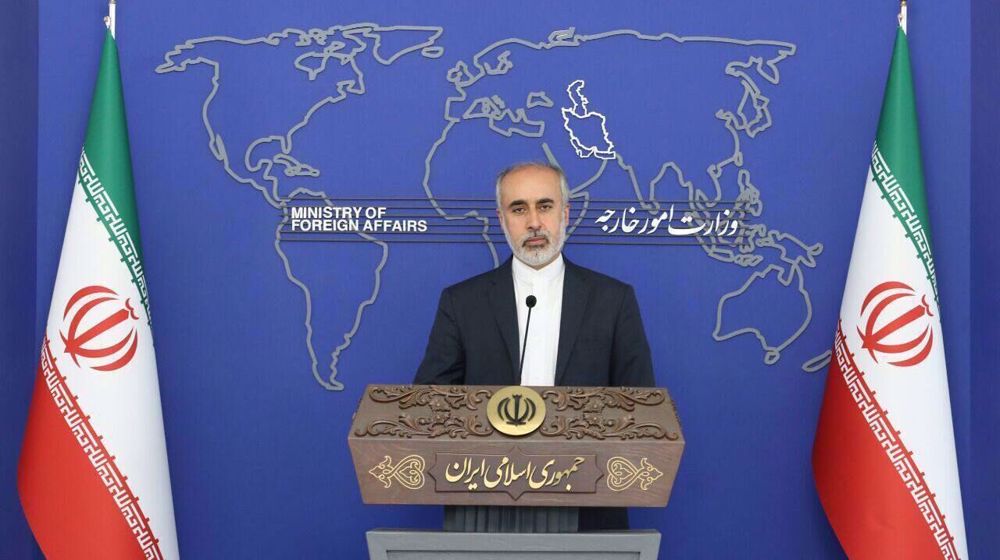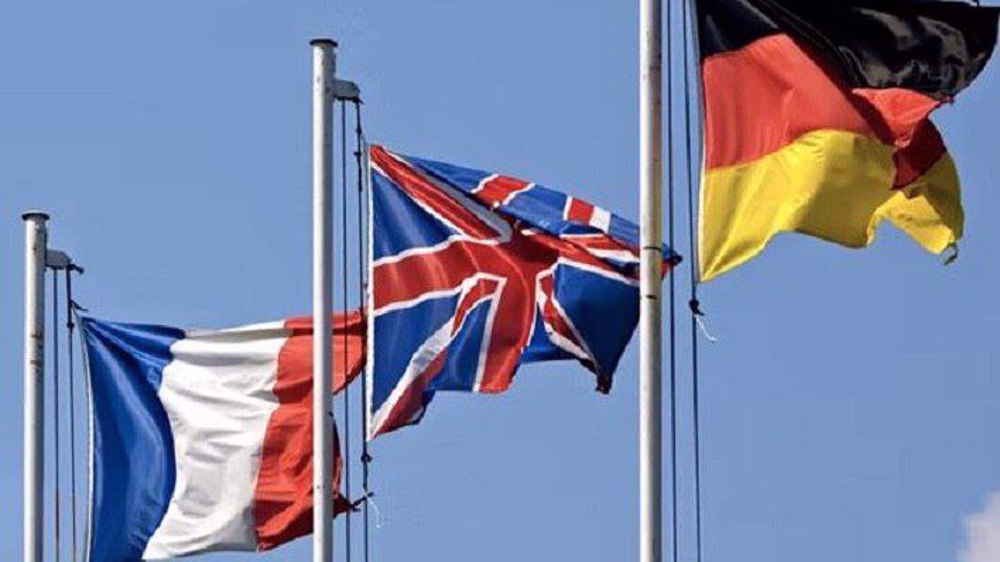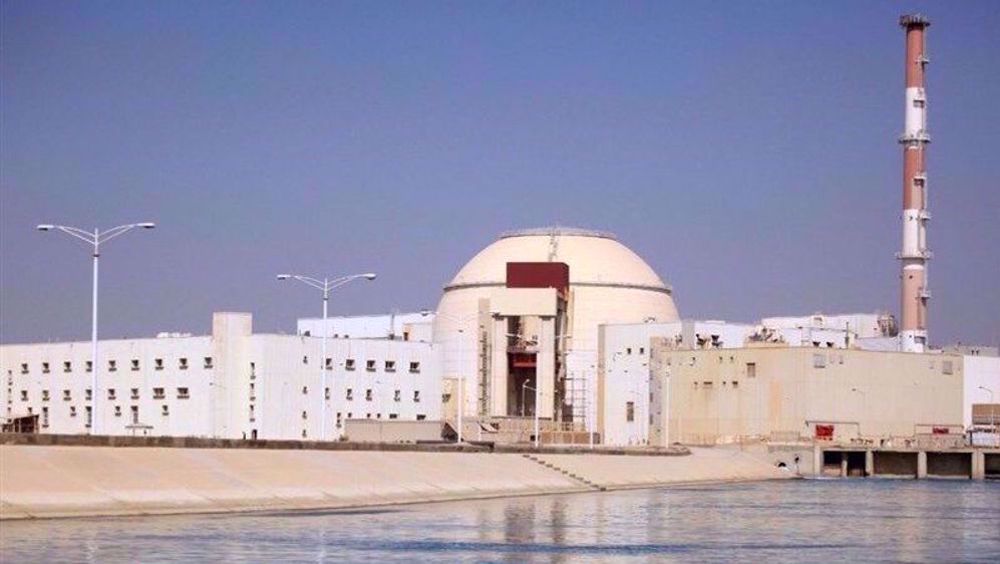EU’s foreign policy chief says less optimistic about JCPOA revival, continues consultations with participants
The European Union's foreign policy chief, Josep Borrell, says he is "less optimistic" about reaching a quick agreement on revival of the 2015 US-abandoned nuclear agreement, but will continue consultations with all parties to the deal, particularly the United States.
Borrell, who is coordinating bids to salvage the nuclear deal, officially known as the Joint Comprehensive Plan of Action (JCPOA), told reporters in Brussels on Monday that recent exchanges left him "less confident."
Pointing to Iran's latest response to an EU-drafted text last week, Borrell said, "If the purpose is to close the deal quickly, it is not going to help it."
The United States, under former president Donald Trump, abandoned the agreement in May 2018 and reinstated unilateral sanctions that the agreement had lifted.
The talks to salvage the agreement kicked off in the Austrian capital city of Vienna in April last year, months after Joe Biden succeeded Trump, with the intention of examining Washington's seriousness in rejoining the deal and removing anti-Iran sanctions.
Despite notable progress, the US indecisiveness and procrastination caused multiple interruptions in the marathon talks.
Four days of intense talks between representatives of Iran and the five remaining parties to the JCPOA ended on August 8 with a modified text proposed by the EU on the table.
Iran submitted its response to the EU draft proposal on August 15, a week after the latest round of talks wrapped up. After submitting its response, Tehran urged Washington to show "realism and flexibility" in order to reach an agreement.
However, it took almost ten days for the Biden administration to submit its response to Iran's comments on the EU draft.
Elsewhere in the presser, Borrell said the parties "well received" his initial "carefully balanced" text and that initially it had seemed they were converging on a common position.
"But the last interaction is not converging, it is diverging," the top EU official said. "That is very much worrisome, if the process does not converge. The whole process is in danger.
"So what I'm doing [is] to keep consulting with all other JCPOA participants, and in particular the US. But I'm sorry to say that I am less confident today than 28 hours before about the convergence of the negotiation process and about the prospect of closing the deal right now," he added.
Borrell's remarks came on the same day that Iranian Foreign Ministry spokesman Nasser Kan’ani said an agreement on the JCPOA revival hinges on the political will of the West.
Speaking at a weekly news conference on Monday, he said Tehran has acted “responsibly” to reach an agreement that secures the country’s national interests.
The Iranian spokesperson emphasized that Tehran's response was “logical and constructive,” adding, “If the other side has the political will and acts constructively … reaching an agreement will be possible.”
“Iran will not accept loopholes and ambiguities”
Reacting to Borrell’s remarks, an advisor to Iran’s negotiating team in the JCPOA revival talks said the reason behind the current situation is Western countries violations of the deal and sanctions they have imposed on Iran, criticizing the EU official for forgetting this fact.
“Borrell is a US ally & forgets that the reason for these negotiations are western violations of the JCPOA & maximum pressure sanctions targeting Iranian citizens even as Iran was in full compliance,” Mohammad Marandi tweeted.
He added that Iran will not accept a weak deal with “loopholes and ambiguities,” adding that the US is imposing costs on the European Union.
Borrell is a US ally & forgets that the reason for these negotiations are western violations of the JCPOA & maximum pressure sanctions targeting Iranian citizens even as Iran was in full compliance. Iran will not accept loopholes & ambiguities. The US is imposing costs on the EU. https://t.co/wuQ23xtTMV
— Seyed Mohammad Marandi (@s_m_marandi) September 5, 2022
'Gaza has won': Social media users react to ceasefire with mix of relief, joy
Iran seeks South Korea’s assistance for AI, fiber-optic projects
VIDEO | Iran's 'Eqtedar' (Power) maneuver
Israel hits HTS military target in Syria for 1st time since fall of Assad
VIDEO | Press TV's news headlines
Israel has slaughtered 13,000 students in Gaza, West Bank
VIDEO | More Zionist than Zionists: Biden’s legacy to be defined by Gaza genocide
Hamas confirms handing approval of Gaza ceasefire deal to mediators










 This makes it easy to access the Press TV website
This makes it easy to access the Press TV website